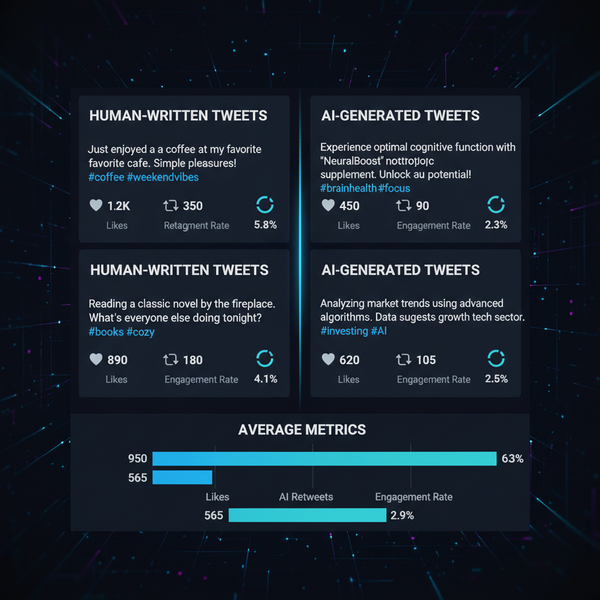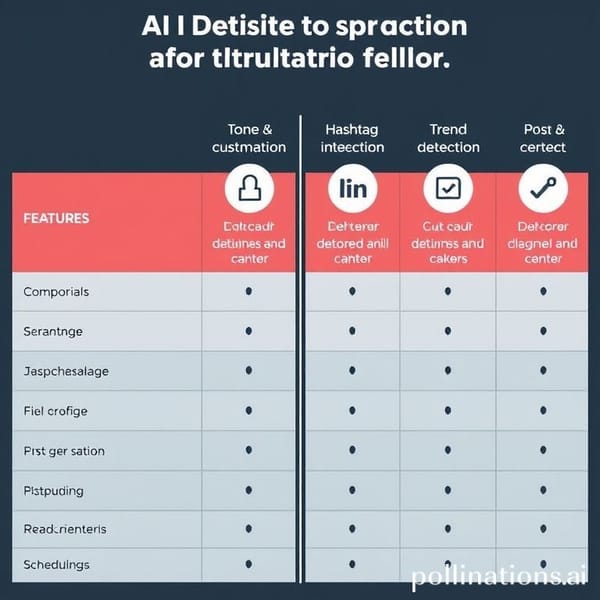What Is a UGC Content Creator and How to Start
Learn what a UGC content creator is, how they differ from influencers, and essential skills and tools to start producing authentic brand content.
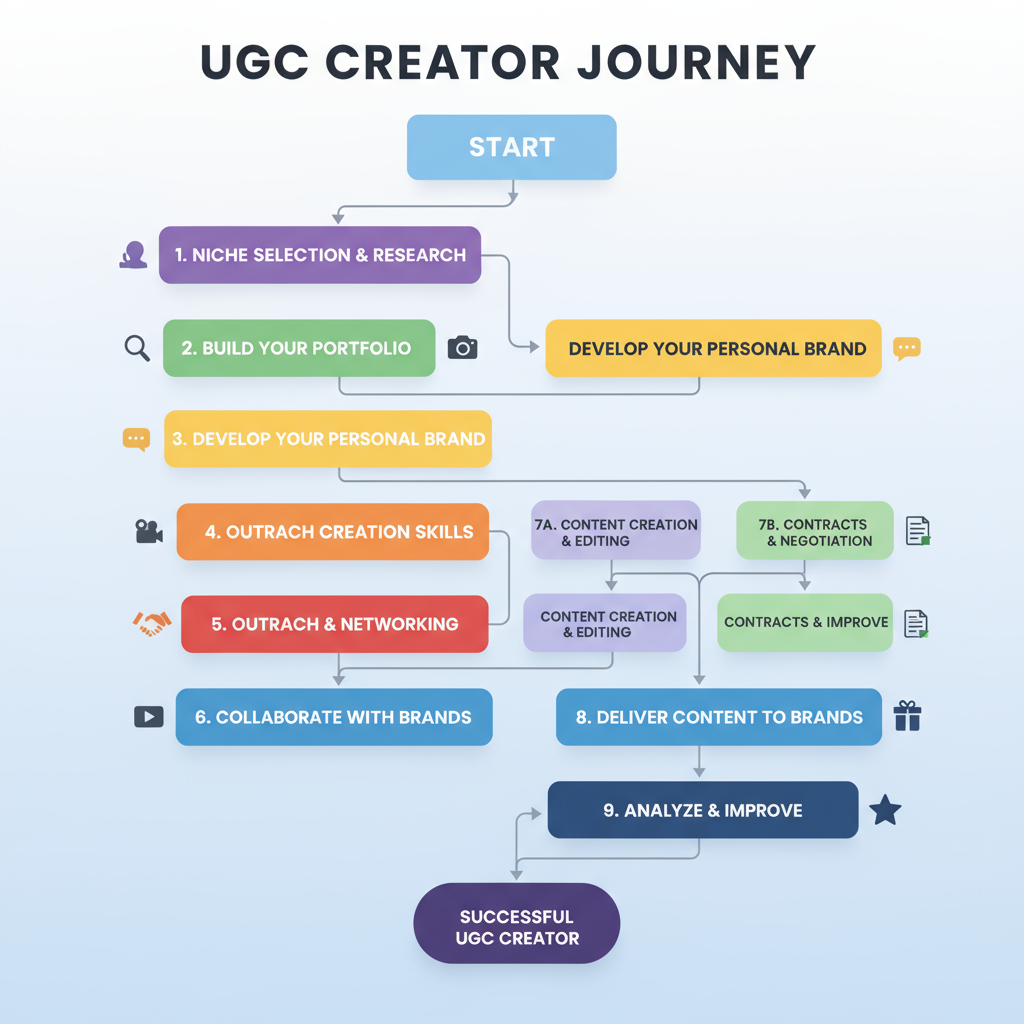
Understanding UGC in Modern Marketing
User-Generated Content (UGC) is redefining brand storytelling in the digital era. Simply put, UGC refers to any form of content—text, images, videos, reviews—created by customers or fans rather than the brand itself. For marketers aiming to build trust, engagement, and conversions, UGC content creators have become essential partners. This type of authentic content resonates far more than traditional advertising, offering relatability and credibility that drives purchase intent.

Unlike polished brand ads, UGC feels organic and community-driven. Whether it’s an Instagram post showing someone using skincare products or a YouTube unboxing video, the strength of UGC lies in its perceived authenticity.
---
What Is a UGC Content Creator?
When answering the question _what is a UGC content creator_, think of these professionals as storytellers who replicate the look and feel of true customer experiences. Unlike traditional influencers whose primary power lies in their existing audience reach, a UGC creator often focuses on producing high-quality, brand-commissioned content without posting it on personal channels. The content is delivered for brand use—whether in paid ads, social feeds, or website product pages.
UGC Creator vs. Influencer:
| UGC Content Creator | Traditional Influencer |
|---|---|
| Creates authentic-looking content for brands to use | Posts sponsored content on own social media to audience |
| May have minimal personal following | Relies on large follower count for reach |
| Content designed for brand platforms | Content tailored for influencer’s audience |
---
Benefits for Brands Using UGC Creators
Brands increasingly turn to UGC creators for several compelling reasons:
- Authenticity: Consumers trust content that feels relatable and genuine.
- Cost-effectiveness: Often more affordable than hiring macro influencers.
- Versatility: Assets can be repurposed across social media, advertisements, emails, and landing pages.
- Scalable Production: Multiple creators can produce varied content quickly, covering multiple demographics.
---
Common UGC Formats
UGC creators excel in formats proven to drive engagement and sales:
- Photos – Lifestyle shots showcasing products in everyday use.
- Videos – Short-form reels, TikToks, or YouTube Shorts highlighting usability.
- Product Reviews – Honest perspectives that convey pros and potential drawbacks.
- Tutorials – Step-by-step guides helping users fully understand how to use a product.
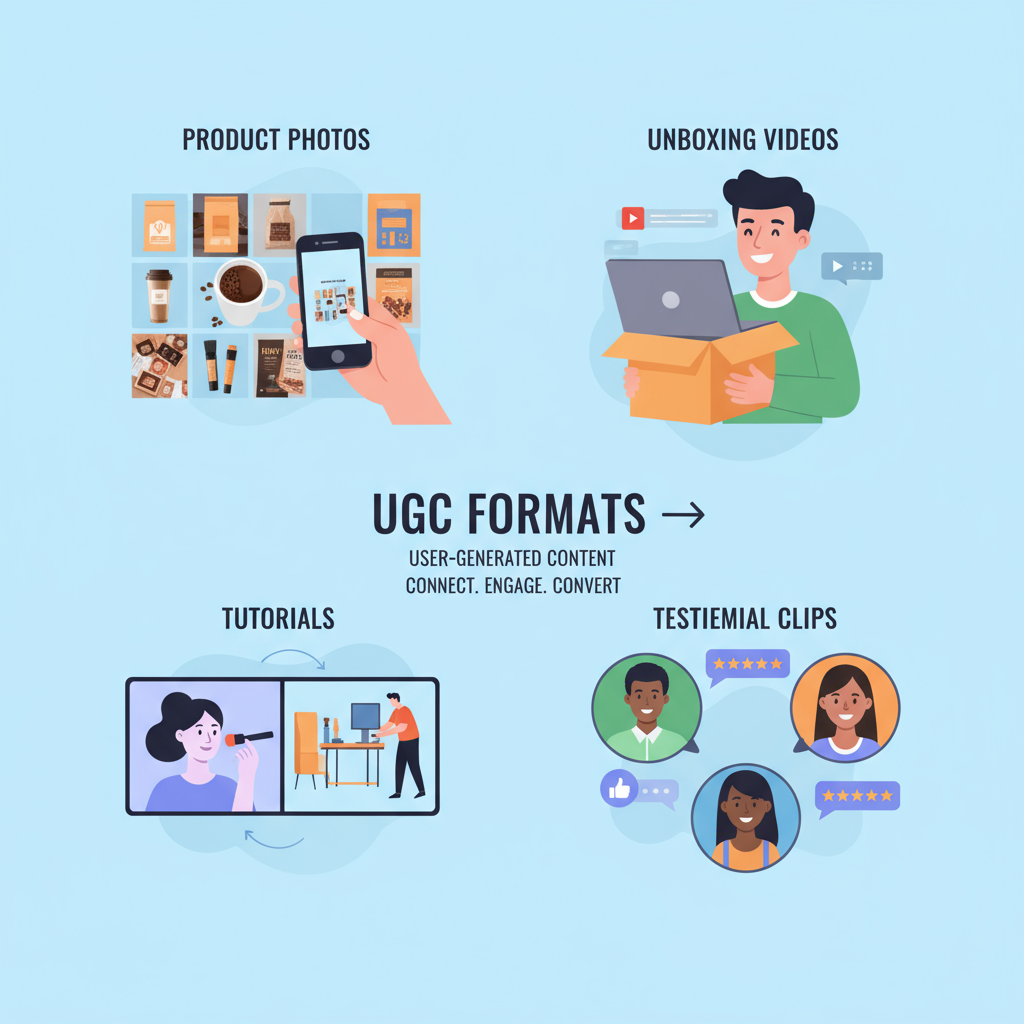
These formats help blur the line between organic and promotional content, making audiences more receptive to marketing messages.
---
Essential Skills for Aspiring UGC Creators
To succeed as a UGC content creator, you should hone these core skills:
- Storytelling – Craft narratives that evoke emotion and connection.
- Editing Skills – Competence in photo/video editing software.
- Platform Knowledge – Stay updated on algorithm changes and trending formats.
- Communication – Ensure clarity when working with brands and interpreting briefs.
- Adaptability – Shift tone and style based on brand objectives and audience types.
---
Tools and Equipment Needed
While UGC creation doesn’t require Hollywood-level production, investing in quality tools can make a difference.
| Tool/Equipment | Purpose |
|---|---|
| Camera or Smartphone with Good Lens | Capturing clear visuals |
| Ring Light or Softbox | Enhancing lighting conditions |
| Tripod | Ensuring steady shots |
| Editing Software (e.g., Adobe Premiere, Canva) | Refining visual and audio content |
| Microphone | Improving audio quality |
---
How to Start as a UGC Creator: Step-by-Step Guide
- Research the Market – Identify niches and study competitor work.
- Build a Portfolio – Create sample projects featuring your own products.
- Pitch to Brands – Send tailored outreach highlighting style and quality.
- Negotiate Contracts – Define deliverables, deadlines, and usage agreements.
- Deliver Consistently – Reliability builds reputation.
- Collect Testimonials – Use positive feedback to secure future work.
---
Pricing and Package Structures
Arriving at fair pricing requires balancing effort, brand budget, and content usage.
Popular Pricing Approaches:
- Per Deliverable: Fixed cost per photo or video.
- Package Deals: Group multiple assets at a discounted rate.
- Licensing Fees: Extra fees for paid ad or extended usage.
Example Packages:
| Package | Includes | Price Range |
|---|---|---|
| Starter | 3 product photos + 1 short video | $150 - $300 |
| Standard | 5 photos + 2 videos | $400 - $700 |
| Premium | 10 photos + 5 videos + ad license | $900+ |
---
Tips to Stand Out in the UGC Market
- Select a Niche – Specializing in beauty, tech, fitness, etc., can improve marketability.
- Develop a Signature Style – Unique visual editing or thematic approach differentiates you.
- Follow Social Trends – Adapting formats ensures content stays fresh.
- Maintain Consistency – Cohesion across all work builds recognition.
---
Collaborating with Brands: Best Practices
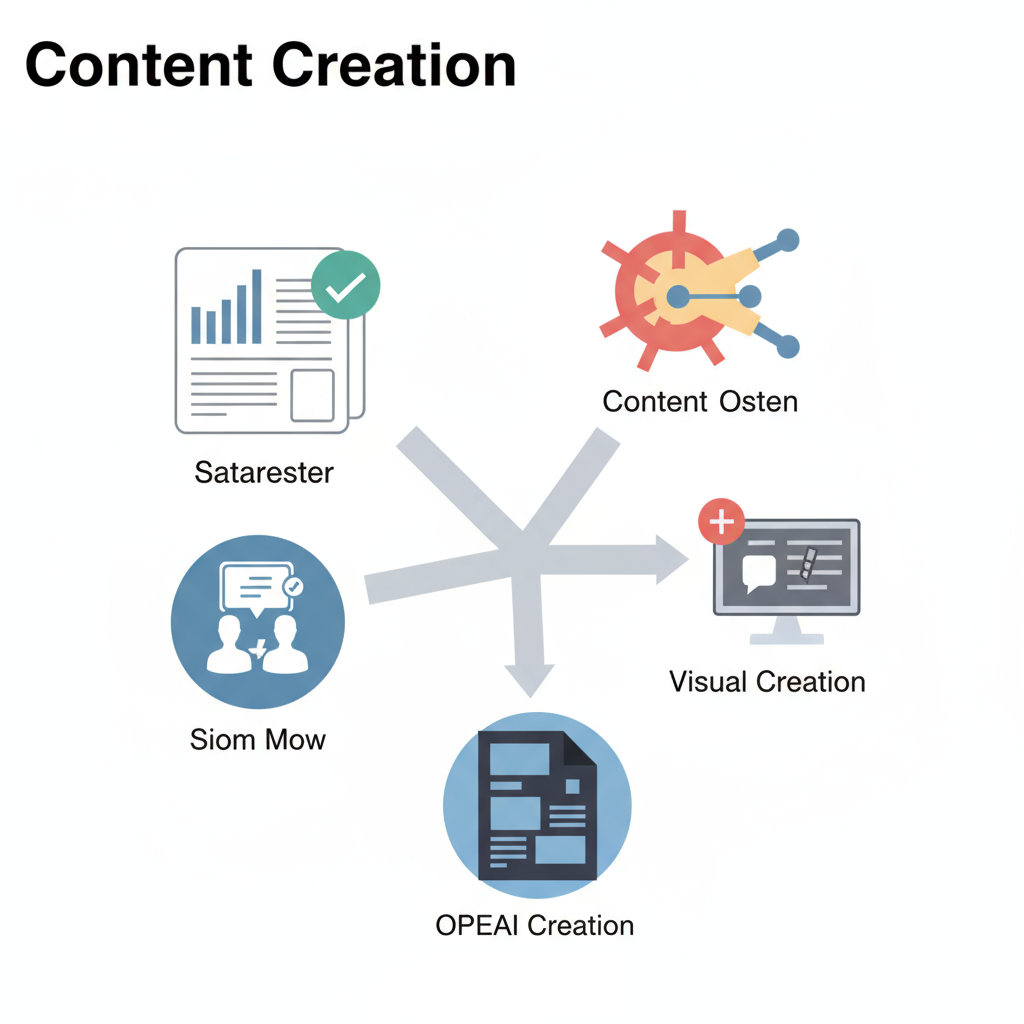
For long-term, successful brand collaborations:
- Request Detailed Briefs – Avoid misunderstandings before production.
- Deliver on Time – Reliability enhances trust.
- Incorporate Feedback – Revise content when needed.
- Professional Communication – Keep dialogue courteous and clear.
---
Common Mistakes to Avoid
- Ignoring Copyright – Ensure all assets (music, images) are licensed.
- Over-Promising – Set realistic deadlines and production goals.
- Neglecting Quality – Quality control trumps large output volumes.
- Not Watching Trends – Outdated styles can reduce engagement.
---
Future Trends in UGC Content Creation
Anticipated innovations include:
- AI-Assisted Editing – Automating repetitive tasks for faster delivery.
- Immersive Content – Incorporating AR and VR into customer storytelling.
- Micro-Communities – Hyper-focused audience groups with higher loyalty.
- Hybrid Roles – Creators also offering strategy consulting.
As brands demand authenticity at scale, technology and human creativity will continue to merge.
---
Summary & Next Steps
By understanding what is a UGC content creator and the skills, tools, and strategies they use, you can position yourself in a thriving creative field where authenticity beats perfection. Whether you’re a brand seeking genuine customer-like content or an aspiring creator ready to work with businesses, now is the time to leverage UGC for growth.
Ready to start building your portfolio? Begin creating sample content today and pitch to brands who value genuine connections with their customers.


